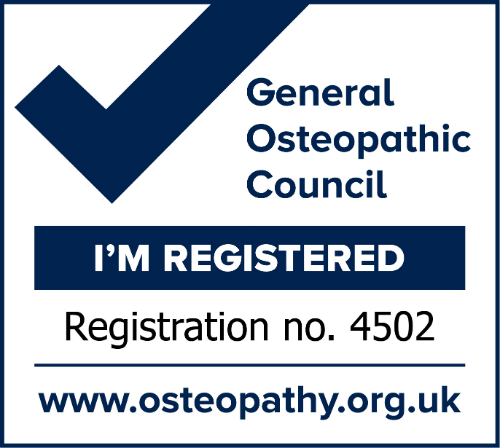Frequently Asked Questions
What is the difference between an Osteopath and a Chiropractor?
It really depends on the individual practitioner, some osteopaths work like chiropractors and vice versa. The training is almost identical being over four or five years, and both are fully regulated by law. However practically, we have gleaned from our own patients experiences that osteopathy tends to involve more rhythmical and gentler techniques, there is less spinal manipulation and consultations tend to last longer. Osteopaths also tend to work on a wider area of the body rather than concentrating primarily on the spine and pelvis. Chiropractors often take x-rays to diagnose spinal misalignments (which osteopaths consider unnecessary) and quite often chiropractic treatments are given 3 or even 4 times per week compared to an average of once a week with osteopaths.
Is Osteopathy Safe?
Yes. Stringent and extensive training over four years and regulation by statute law ensures that we have the skills necessary to care for you in a safe and gentle fashion. It is more important that we know when not to treat than when to, and for that reason alone, substantial training to diagnose and understand circumstances when treatment would not be safe is given.
Will Osteopathic Treatment Hurt?
Most osteopathic techniques are very gentle and are aimed at getting the maximum healing from minimal intervention. We are not trying to force your body back to health, instead we are trying to assist the body to return to a better balance. However, treatment reactions do occur and is most common for a couple of days post treatment. In the vast majority of cases this not the case and in those few patients that do experience some kind of reaction to osteopathic treatment, they experience no more than that which might be expected the day after a heavy work out at the gym.
What About My G.P?
Some G.P’s recommend Osteopathic treatment but you do not actually need a referral from your G.P. to consult with an Osteopath. Any communication with your G.P. would require your consent. Occasionally a referral to your GP is essential and in these instances a letter of referral detailing your case will be sent.


